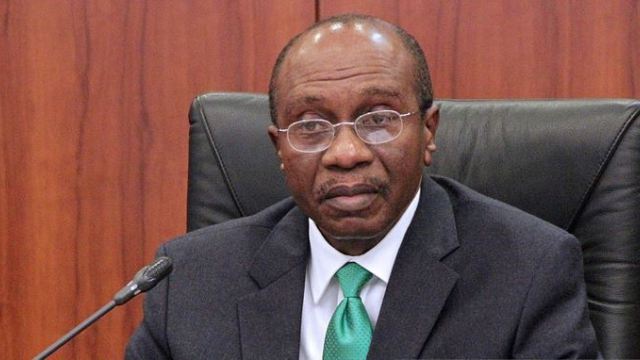In a significant rebuke to the President Bola Tinubu administration, a federal high court judge, Nicholas Oweibo, expressed deep concern over the government’s apparent lack of respect for the rule of law. The judge’s remarks came during his ruling on Thursday regarding the ‘illegal possession of firearms and ammunition’ charges against the suspended Central Bank of Nigeria Governor, Godwin Emefiele.
The legal proceedings took an unexpected turn when the Director of Public Prosecution (DPP) at the federal ministry of justice, Abubakar Mohammed, filed an oral application to withdraw the two-count charge against Emefiele on Tuesday. Citing emerging facts and circumstances requiring closer investigation, the prosecutor sought to abandon the charges.
Judge Oweibo did not mince words, stating, “The prosecution has shown that they are not law-abiding and have no respect for the court.” He expressed concern about the government’s disregard for the court’s authority and questioned the value of detaining the defendant while the case remained unresolved. The judge ultimately allowed the charges to be withdrawn, citing the need to preserve the court’s integrity and spare it from further embarrassment.
The backdrop to this development reveals a complex legal landscape. The federal government had initially accused Emefiele of possessing an unlicensed single-barrel shotgun and 123 rounds of live ammunition. This led to his arraignment on a two-count charge in July. Despite pleading not guilty, Emefiele was granted bail, yet his remand with the Nigeria Correctional Service was reportedly flouted by the State Security Service (SSS).
The decision to withdraw the charges was explained by the Director of Public Prosecution, Abubakar Mohammed, who indicated that further investigations were conducted, possibly hinting at the potential for new charges against the suspended bank chief in the future.
This ruling and the subsequent withdrawal of charges highlight the delicate balance between respecting the rule of law and ensuring proper investigations take place. It also underscores the need for transparency and adherence to legal processes within Nigeria’s justice system.










